Lambda expressions do not change the set of problems you can solve with Java in general, but definitely make solving certain problems easier, just for the same reason we’re not programming in assembly language anymore. Removing redundant tasks from the programmer’s work makes life easier and allows to do things you wouldn’t even touch otherwise, just for the amount of code you would have to produce (manually).
But lambda expressions are not just saving lines of code. Lambda expressions allow you to define functions, something for which you could use anonymous inner classes as a workaround before, that’s why you can replace anonymous inner classes in these cases, but not in general.
Most notably, lambda expressions are defined independently to the functional interface they will be converted to, so there are no inherited members they could access, further, they can not access the instance of the type implementing the functional interface. Within a lambda expression, this and super have the same meaning as in the surrounding context, see also this answer. Also, you can not create new local variables shadowing local variables of the surrounding context. For the intended task of defining a function, this removes a lot of error sources, but it also implies that for other use cases, there might be anonymous inner classes which can not be converted to a lambda expression, even if implementing a functional interface.
Further, the construct new Type() { … } guarantees to produce a new distinct instance (as new always does). Anonymous inner class instances always keep a reference to their outer instance if created in a non-static context¹. In contrast, lambda expressions only capture a reference to this when needed, i.e. if they access this or a non-static member. And they produce instances of an intentionally unspecified identity, which allows the implementation to decide at runtime whether to reuse existing instances (see also “Does a lambda expression create an object on the heap every time it's executed?”).
These differences apply to your example. Your anonymous inner class construct will always produce a new instance, also it may capture a reference to the outer instance, whereas your (Developer o1, Developer o2) -> o1.getName().compareTo(o2.getName()) is a non-capturing lambda expression that will evaluate to a singleton in typical implementations. Further, it doesn’t produce a .class file on your hard drive.
Given the differences regarding both, semantic and performance, lambda expressions may change the way programmers will solve certain problems in the future, of course, also due to the new APIs embracing ideas of functional programming utilizing the new language features. See also Java 8 lambda expression and first-class values.
¹ From JDK 1.1 to JDK 17. Starting with JDK 18, inner classes may not retain a reference to the outer instance if it is not used. For compatibility reasons, this requires the inner class not be serializable. This only applies if you (re)compile the inner class under JDK 18 or newer with target JDK 18 or newer. See also JDK-8271717
